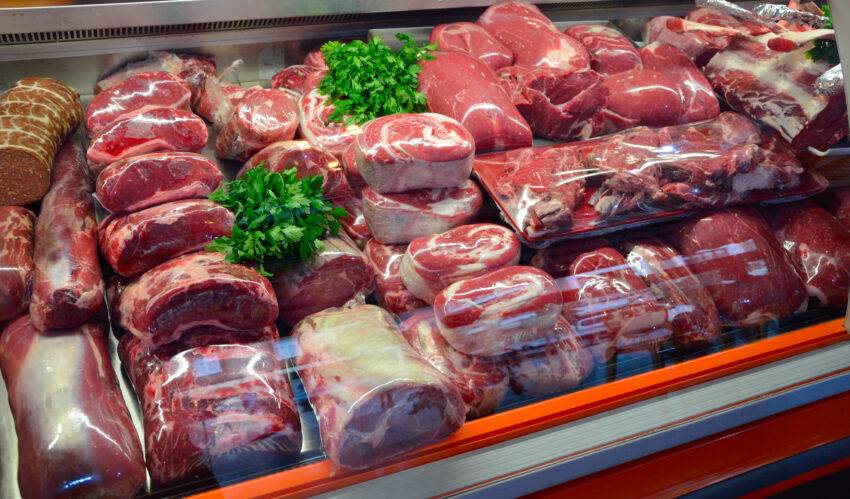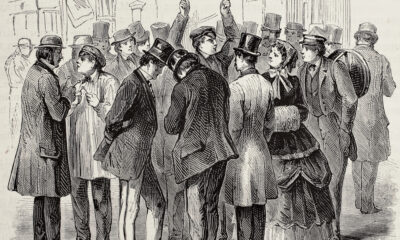Business
The cost of British lamb is rising due to rising demand and import problems

The price of British lamb has risen to unprecedented levels, driven by a combination of adverse weather conditions, disease, import problems and increased demand.
According to the Agriculture and Horticulture Development Board (AHDB), wholesale prices have risen by more than 40% year-on-year to more than £8.50 per kg. This price increase is accompanied by an expected decline of 1.4% in UK lamb production this year.
In the past three months, UK demand for lamb has increased by 8%, supported by the celebrations of Easter and Eid, where lamb traditionally takes center stage. British supermarkets also face stiff competition from foreign buyers, especially from France, which is contributing to rising prices.
David Swales, head of economic analysis at the AHDB, noted the extraordinary market conditions, saying: “After 14 years at the farming body, I have never seen a market like this.” Swales explained that the confluence of several factors has created a “perfect storm,” driving up prices.
Unfavorable cold and wet weather conditions have led to higher lamb mortality rates early in the season, and there are growing concerns about Schmallenberg virus, which is affecting sheep in southern England, Wales and the Midlands.
While the price of British lamb is soaring, the price of New Zealand lamb has fallen by around 20% year-on-year, now costing less than £3 per kg. This decline is attributed to a glut of Australian lamb in global markets and reduced orders from China. In addition, new trade deals have removed tariffs on a larger quantity of Australian and New Zealand lamb, allowing it to be sold more cheaply in Britain. However, imports are being disrupted by attacks on cargo ships in the Red Sea by Yemen-based militants, delaying shipments.
Volatile market conditions have led to Morrisons, Britain’s fifth largest supermarket and a major buyer of British lamb, to reconsider its purchasing strategy. Morrisons has announced a trial of New Zealand lamb in 39 stores, ending a seven-year commitment to sell 100% British lamb.
A Morrisons spokesperson explained: “The trial follows an extensive exercise where we listened to customers who were very clear that they wanted us to sell lamb at a more accessible price all year round. The blunt commercial reality is that New Zealand lamb is cheaper to source, and therefore cheaper to sell, than British lamb.”
Despite the trial, Morrisons assured it will continue to sell 100% British lamb to butchers and clearly label New Zealand lamb in trial stores so customers can make informed choices. The supermarket also stated that this move will not reduce the total amount of lamb purchased from British farmers.
Other supermarkets, including Waitrose, Marks & Spencer and the Co-op, have confirmed their commitment to 100% British lamb. However, industry experts suggest they may face similar pressure to change their purchasing policies.
The National Farmers Union (NFU) expressed its disappointment, with livestock chairman David Barton commenting: “It is all the more disappointing that our own home-grown lamb is likely to be replaced by produce from abroad with significant food mileage and produced according to potentially lower standards.”
Phil Stocker, chief executive of the National Sheep Association (NSA), criticized the timing of Morrisons’ announcement, which coincided with Rishi Sunak’s Farm to Fork Summit aimed at supporting British farming. Stocker noted: “This is a very poor decision, and something the NSA warned could happen during negotiations over the new trade deals agreed with Australia and New Zealand last year.”
As the market continues to navigate these challenging conditions, the future of British lamb production and its pricing remains uncertain, with both producers and retailers having to adapt to the rapidly changing circumstances.











